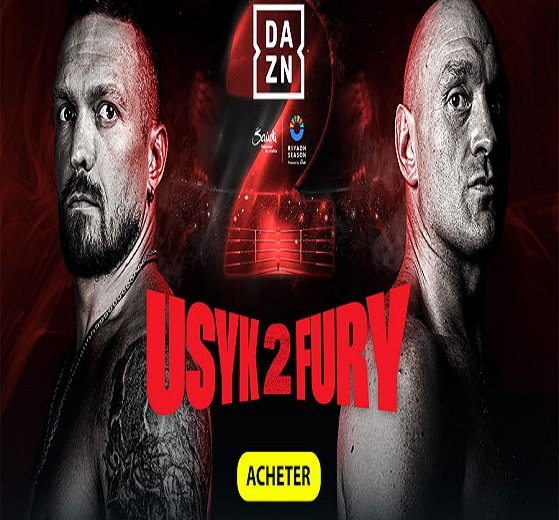Egyptian Heavyweight Fighter Hamdi Abdel Wahab Suspended for Six Months by UFC’s Anti-Doping Program Due to Testosterone Use: Analysis and Implications
In a surprising development in the world of combat sports, Egyptian heavyweight fighter Hamdi Abdel Wahab has been suspended for six months by the UFC’s Anti-Doping Program (CSAD). This decision comes as a result of his use of external testosterone, raising a series of questions about the impact of this ruling on his athletic career and future in MMA.
Background of the Case
Hamdi Abdel Wahab, a prominent fighter in the heavyweight division, had previously been suspended for the use of performance-enhancing drugs. However, the latest suspension follows the detection of testosterone in his system, which was traced back to a contaminated dietary supplement. CSAD explains that the regulations usually prescribe a three-month suspension in cases involving contaminated supplements. However, given that Abdel Wahab had already served a previous suspension for similar issues, his punishment was doubled to six months.
Analysis of the Decision
1. Impact of the Suspension on Abdel Wahab’s Career:
The new suspension represents a significant setback for Abdel Wahab, who was working to regain his status after the previous penalty. This halt will not only disrupt his training and match participation but could also hinder his opportunities to secure new victories or enhance his reputation as a fighter.
2. Implications for UFC:
The CSAD’s decision reflects UFC’s strict commitment to combating doping in combat sports. The rigorous handling of doping cases, even when related to contaminated supplements, aims to maintain the integrity of competitions and protect the health of fighters. This ruling may bolster UFC’s credibility as a leading organization in anti-doping efforts but also highlights the challenges faced by the sport in ensuring all fighters use safe and clean supplements.
3. Broader Implications for the Sport:
The suspension underscores the need for vigilance in choosing dietary supplements and monitoring their sources. It could prompt fighters to be more cautious and rigorously test their products to avoid future issues.
Key Questions:
- Are the imposed penalties sufficient to address doping issues? Some may argue that current penalties are inadequate for addressing illicit doping practices, suggesting that additional measures might be necessary to ensure strict adherence to regulations.
- How can sports organizations improve dietary supplement systems for fighters? There is a need to enhance testing procedures and ensure the safety of dietary supplements used by athletes, as well as find solutions to minimize contamination that could lead to similar issues.
- What are Abdel Wahab’s next steps after the suspension? Abdel Wahab will need to rebuild his reputation once the suspension ends and adhere to a stringent regimen to prevent recurrence of such issues in the future.
In conclusion, the suspension of Hamdi Abdel Wahab serves as a stern reminder to fighters in the MMA world of the importance of adhering to anti-doping regulations. It also highlights the crucial need for careful selection of dietary supplements to ensure the safety and fairness of competitions.




